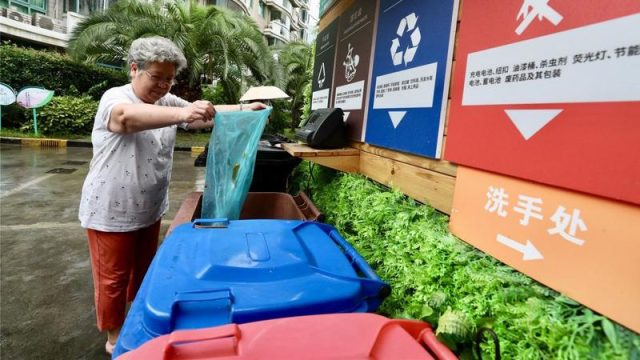
According to the World Bank (WB) report in 2016, there were 2.01 billion tonnes of waste generated globally due to rapid urbanization and improperly regulated consumer goods production. By these reports, close to 23% of all waste are generated in the East Asia and the Pacific region and developed or high-income countries combined generate 34% of the global waste. If not given drastic actions, according to WB, this is expected to jump to 3.4 billion tonnes in the next 30 years. It means that by 2050, the global waste will increase to 70% from its current level. This also means that in South Asia, waste generation will be more than double and in Sub-Saharan Africa, it will be more than triple from their current levels.
There are currently three waste management techniques today that is being done and these are incineration, recycling, and landfill. The rest of the wastes are either openly dumped or unaccounted and this is very problematic for all of us that is why many institutions and governments around the world need to improve more on strategies to prevent or minimize the catastrophic impacts that await humanity in the coming few decades. To do this, institutions that promote alternatives in waste management such as Zero Waste International Alliance (ZWIA), for example, that raises community and governmental awareness need to spread across the industrial world so that more efficient actions can be done.
Another example that we can try to look at is the Zero Waste Europe. This institution provides guiding principles that government and businesses alike can adopt such as implementing eco-design product policies; changing the production system into circular instead of a linear system by maximizing recycling and avoiding new extractions therefore, diverting from incineration and landfill; shifting to resources productivity from labour productivity; optimizing the calculations and strategic plans; and redesigning the process of production inside and outside the plant to avoid generating more waste.
According to ZWIA, implementing zero waste strategies also means optimizing the company’s management cost while also ensuring revenues and proper waste generation and disposal, implementing proper regulations, effective public communications, and improving administrative and operational models. In this way, ZWIA said, positive social and economic benefits will be gained efficiently; adding more opportunities to employment and business improvement. And according to them also, technologies and methods required to achieve zero waste can be very doable and viable in communities around the world. By tapping to the leaders in the field, they can provide these models, projects, and other resources to help businesses.
To help entrepreneurs around the world achieve a zero waste goal, ZWIA help owners by building capacities such as training, education, etc. Also, they help initiate research and information sharing that promotes zero waste practices and application; help set standards for assessments in achieving goals by operating at the international, national and the local level in all aspects of the society. In addition to this, the general public also needs to be extensively educated so that participation from their levels will also help in the process of achieving this goal. Today, small businesses are popping up in many parts of the world, including the developing countries and regions and these kinds of initiatives need to multiply so that disastrous dangers and threats from global waste production can be radically minimized, if not totally eliminated.
To learn more, visit these websites:





